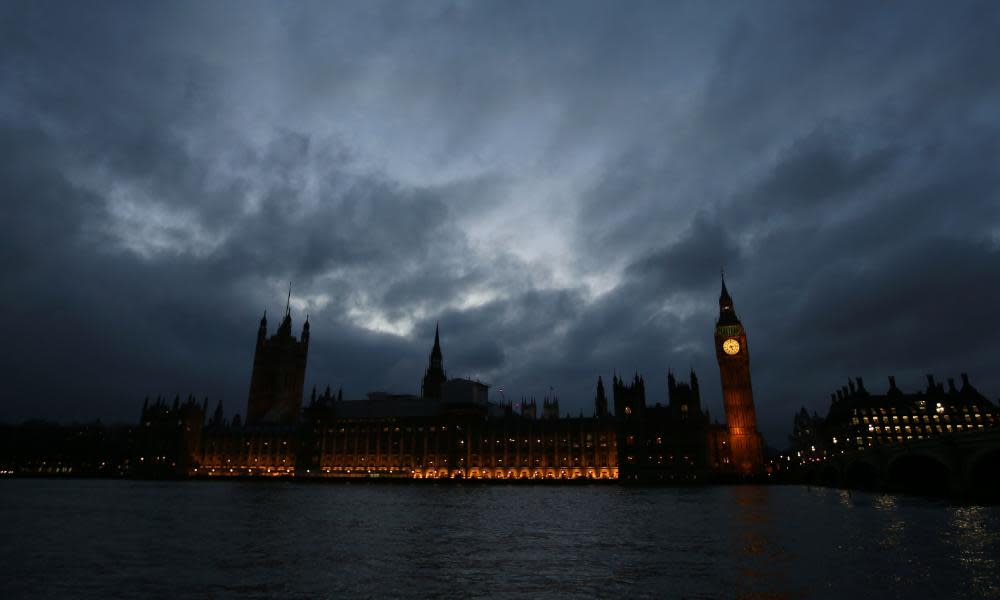Political failure, not just culture, is to blame for the lack of sexual assault convictions

If you’re a woman, would you feel comfortable getting into a lift, alone, with a man accused of sexual assault? How about waiting for a taxi together late at night, or even discussing something personal in a meeting? If you’re a man, would you avoid friendly chitchat with someone who may or may not be guilty, or go out of your way to show that everyone is innocent until proven otherwise?
For more than two years, almost everyone in professional contact with the former Conservative MP Charlie Elphicke must have wrestled with dilemmas like these, and this week’s revelation that a second unnamed Tory MP has been accused of rape means some will shortly be wrestling with them again. Elphicke was referred to the police in November 2017 over allegations of sexual assault but wasn’t even charged until July 2019, and then it was another year before a jury finally found him guilty. The longer things dragged on, the more boldly he could protest his innocence. After all, if there really was anything to it, wouldn’t he be in the dock by now? He presented himself indignantly as the subject of a kangaroo court, persuading other MPs to lobby for him at the highest levels; even Boris Johnson was reportedly pressed to “do something to help Charlie”. One reporter who contacted him for an update on the case last year says he told her it had been dropped, and then promptly invited her out for coffee. But in reality he was simply experiencing a criminal justice system where tortuous delays in reaching court are routine, and mostly pass beneath the radar.
Another week of ugly stories emanating from Westminster have rightly put its toxic working culture in the spotlight once again. Yet they also point to a less well-examined scandal affecting victims of sexual violence everywhere, which is that justice delayed can all too easily become justice denied.
When Claire Waxman, London’s commissioner for victims, analysed the reasons that so many rape and sexual assault cases collapse, she found one major factor was simply the passage of time. It can take a year from reporting an attack just for files to be submitted to the Crown Prosecution Service (CPS), who must then decide how to proceed; rape charities report some women waiting up to three years for their day in court, unable to move on. And the longer things drag on, Waxman found, the more likely the victim is to drop out rather than put their life on pause indefinitely. Some don’t even dare to seek counselling until after a trial for fear their therapist’s notes might be dug up and used in court. (Outdated CPS guidance, warning that victims’ evidence could be judged “tainted” if they discuss their ordeal with a professional, was dropped last month, but Waxman says victims still need reassuring that their notes won’t be shared with prosecutors).
Talk of a Covid backlog in the courts, with cases backing up because judges couldn’t sit during lockdown, meanwhile, obscures the fact that the backlog was building up long before the virus struck. Chronic underfunding of the court system over many years combines with the complexities of investigations where the complainant knows the defendant – which often involve detectives trawling through mountains of text messages or other evidence on the nature of their relationship – to create a glacial process. It’s cruel not just for victims, but for defendants who spend years with accusations hanging over their heads only to be proven innocent.
Some argue the answer is to grant suspects in sexual offence cases the same right to anonymity as their victims. Yet the furore over Mr X, the Tory MP under investigation for rape, shows how difficult that could be.
Three years ago, Tory whips decided to name Elphicke, even though parliament had voted the year before to overturn a longstanding requirement that an MP’s arrest must be automatically notified to the house. But Mr X has not been named, thus becoming a one-man experiment in how anonymity might work out. The answer, so far, is “badly”.
This party’s refusal to remove the whip from him or ban him from parliament while the facts are established has understandably enraged many women working there. But such sanctions in theory could risk identifying both the accused – it wouldn’t be hard to work out who has gone mysteriously missing from meetings, at least once recess is over – and potentially the complainant too, although in Mr X’s case she is said to actively want him suspended. We are heading for the worst of all possible worlds, where gossip turns his identity into an open secret at Westminster, but constituents taking intimate problems to his surgeries don’t know that he is the man they have been reading about.
The broader lesson for workplaces everywhere, meanwhile, is that anonymity for rape suspects makes it infinitely harder to exercise a duty of care to anyone around them, especially when the wheels of justice grind this slowly. How do you suspend someone pending investigation, without explaining why to anyone else, when that investigation could easily take a year?
MPs are right to worry, then, that the clumsy handling of cases involving colleagues sends all the wrong messages about how seriously sexual violence is taken. But this isn’t just about the messages parliament sends; it’s about what parliament has actually done, or failed to do, over the years about a criminal justice system visibly struggling to cope with what is asked of it. It shouldn’t have taken so long to bring Charlie Elphicke to court. It shouldn’t take a moment longer to understand exactly why that matters.
• Gaby Hinsliff is a Guardian columnist

 Yahoo News
Yahoo News 
